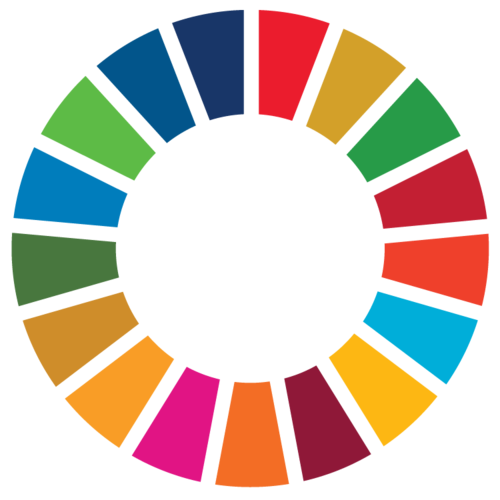Cycle4Climate (2024-2027)
A significant share of cities’ carbon dioxide emissions is caused by transport. The international Cycle4Climate project experiments with various measures to increase the popularity of cycling and reduce emissions in Espoo and three other European cities in collaboration with local universities. The partner network will provide information on the effectiveness of different measures and on best practices. Project partners include eight cities and universities from Finland, Sweden, Latvia and Estonia.
To reduce emissions from urban transport, we urgently need measures to combat climate change and minimise its impacts. The Cycle4Climate: Co-creating Sustainable Cycling Solutions for Reducing CO2 Emissions in the Central Baltic Region (2024–2027) project, partly funded by the EU’s Interreg Central Baltic Programme, experiments with co-created measures to increase the popularity of year-round cycling as part of the existing cycling infrastructure and services. The international project partner network will provide information on the effectiveness of different measures. Solutions will be tested in the Tapiola-Otaniemi-Keilaniemi area in Espoo.
In addition to the City of Espoo, the project partners include Metropolia University of Applied Sciences, Gävle Municipality and the University of Gävle (Sweden), Riga City Council and Riga Technical University (Latvia), and the Pärnu City Government and the University of Tartu (Estonia). The project combines research, practical application, and co-creation into an impactful effort to increase year-round cycling. The project is part of the City of Espoo’s Sustainable Espoo programme.
The Cycle4Climate project runs from 1 June 2024 to 30 November 2027.
For more information, visit the project’s website(external link, opens in a new window). You can also follow the project on social media with the hashtags #cycle4climate #centralbaltic, as well as on the project’s LinkedIn page(external link, opens in a new window).
Project results:
Cycling in winter conditions – read the practical quick guide | City of Espoo
Espoo shows cycling traffic volume on screens on the streets of Tapiola and Otaniemi | City of Espoo
More (than) Biking Lab (Cycle4Climate) | City of Espoo
New students at Aalto University are interested in cycling | City of Espoo
The Cycle4Climate project actively promotes cycling as a mode of everyday transport | City of Espoo
